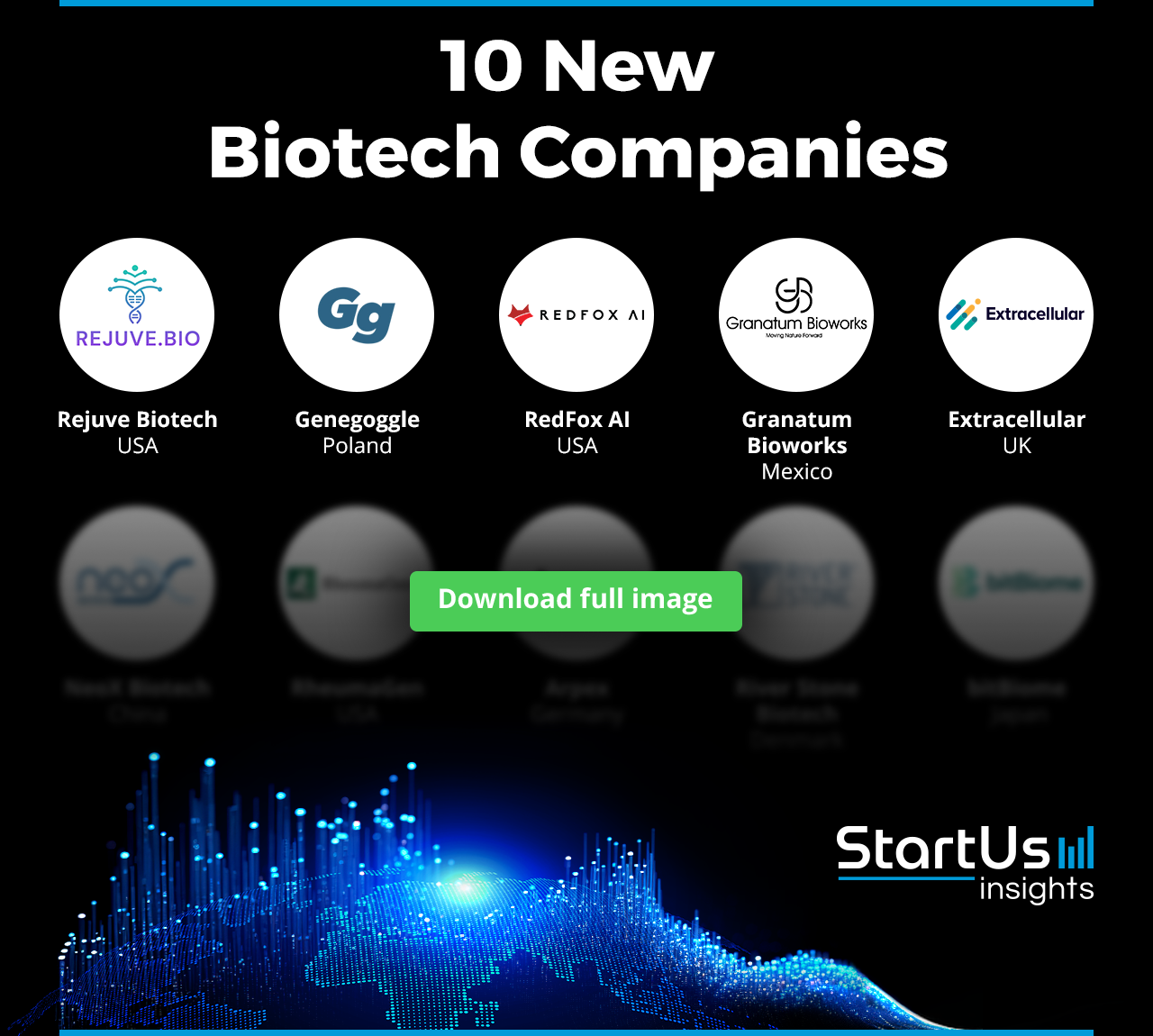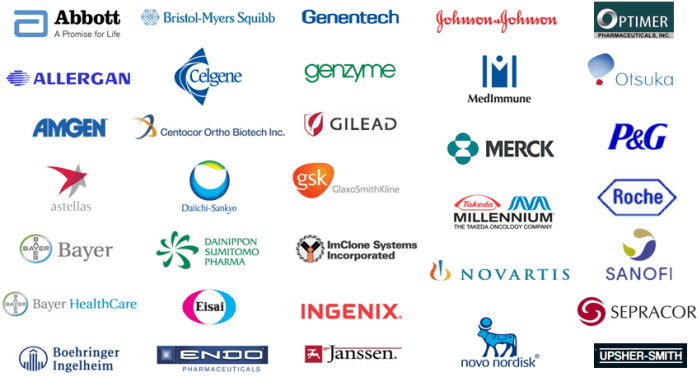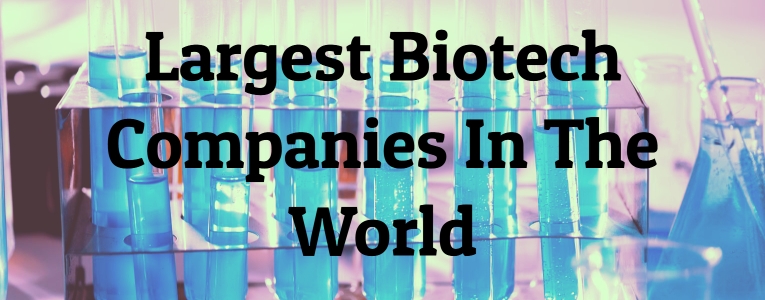Is Agenus Considered To Be A Biotech Company

In the complex and rapidly evolving world of pharmaceuticals, correctly classifying a company is more than just a matter of semantics. It affects investor perception, regulatory oversight, and ultimately, the direction of scientific advancement. The question of whether Agenus Inc. truly qualifies as a biotechnology company is a subject of ongoing discussion, particularly as the firm navigates a challenging financial landscape and refines its strategic focus.
At the heart of this debate lies the very definition of "biotech," Agenus's pipeline, and its stated operational model. While the company certainly utilizes biological processes in its research and development, the extent to which it embodies the core principles of a biotechnology company is open to interpretation. This distinction matters, especially as Agenus seeks to secure funding, forge partnerships, and compete in a crowded marketplace.
Defining Biotechnology: A Broad Spectrum
The term “biotechnology” encompasses a broad spectrum of activities. It generally refers to technologies that utilize biological systems, living organisms, or derivatives thereof, to develop or create different products.
These can range from genetically engineered crops to innovative therapies targeting specific diseases. Determining where Agenus fits within this wide definition requires a closer look at its research, products, and business strategies.
Agenus: Core Focus and Pipeline
Agenus Inc. is a Lexington, Massachusetts-based company focused on developing therapies that activate the immune system to fight cancer. The company's pipeline consists of several approaches, including checkpoint inhibitors, cell therapies, and vaccines.
Key programs include botensilimab, a novel Fc-enhanced anti-CTLA-4 antibody, and AGEN1777, a TIGIT inhibitor. Agenus has also established partnerships with other pharmaceutical companies to further the development and commercialization of its assets.
Specifically, Agenus focuses on immuno-oncology, which uses the body’s own immune system to combat cancer. This field inherently relies on biological processes and the manipulation of living cells, seemingly positioning Agenus firmly within the biotechnology domain.
Financial Performance and Strategic Shifts
Recent financial results have presented challenges for Agenus. The company has reported net losses in recent quarters, raising concerns about its long-term financial sustainability.
This has led to strategic shifts, including restructuring efforts and prioritization of specific pipeline programs. These shifts have also sparked discussions about the company’s core identity, some questioning whether financial pressures are steering it away from core biotech principles.
Furthermore, the company’s reliance on partnerships, while strategically sound, also introduces a layer of complexity in its classification. Critics argue that the business model, dependent on external funding and collaboration, leans towards a pharmaceutical rather than a foundational biotech structure.
Industry Perspectives: Biotech or Pharma?
Opinions within the industry are divided. Some analysts argue that Agenus's heavy focus on immuno-oncology and its pipeline of novel antibodies definitively place it within the biotech sphere.
They emphasize the company's research-driven approach, its use of cutting-edge biological techniques, and its commitment to developing innovative therapies.
Conversely, others contend that Agenus's reliance on partnerships and its focus on commercialization strategies push it closer to a pharmaceutical model. These analysts highlight the company's efforts to secure regulatory approvals and market its products, arguing that these activities are more characteristic of a traditional pharmaceutical company.
Moreover, some point out that the definition of "biotech" itself is becoming increasingly blurred. The lines between biotech and pharmaceutical companies are increasingly indistinct, with many companies adopting hybrid approaches.
The Role of Innovation and Discovery
A core tenet of biotechnology is its emphasis on groundbreaking discovery and innovation. True biotech companies are seen as pioneers pushing the boundaries of scientific knowledge.
Examining Agenus through this lens reveals a mixed picture. While the company has developed some innovative technologies, such as its Fc-enhanced antibodies, its track record of bringing these technologies to market has been uneven.
The development of botensilimab, for example, represents a significant scientific achievement. However, its ultimate success will depend on clinical trial results and regulatory approvals, factors that are heavily influenced by commercial considerations.
The Investor’s Perspective
From an investor's standpoint, the distinction between biotech and pharmaceutical can be critical. Biotech companies are typically viewed as higher-risk, higher-reward investments, driven by the potential for breakthrough discoveries.
Pharmaceutical companies, on the other hand, are generally seen as more stable, generating revenue from established products. The perception of Agenus's classification will therefore affect investor expectations and valuation.
The current financial uncertainty surrounding Agenus also impacts how investors view the company. While the company offers potential upside, the path forward may be difficult and require a strong focus on operational efficiency.
Looking Ahead: Agenus's Trajectory
Ultimately, whether Agenus is considered a "biotech" company is a matter of perspective. There is no single, definitive answer.
As Agenus navigates its financial challenges and continues to develop its pipeline, it will likely evolve its identity. The company's future success will depend on its ability to leverage its scientific expertise, secure strategic partnerships, and navigate the complex regulatory landscape.
Moving forward, Agenus may need to more clearly articulate its value proposition and strategic direction. Strengthening its core research capabilities and forging deeper partnerships could solidify its position as a true biotechnology innovator. The ongoing evolution of its business model and therapeutic pipeline will ultimately determine its place in the pharmaceutical ecosystem.


















